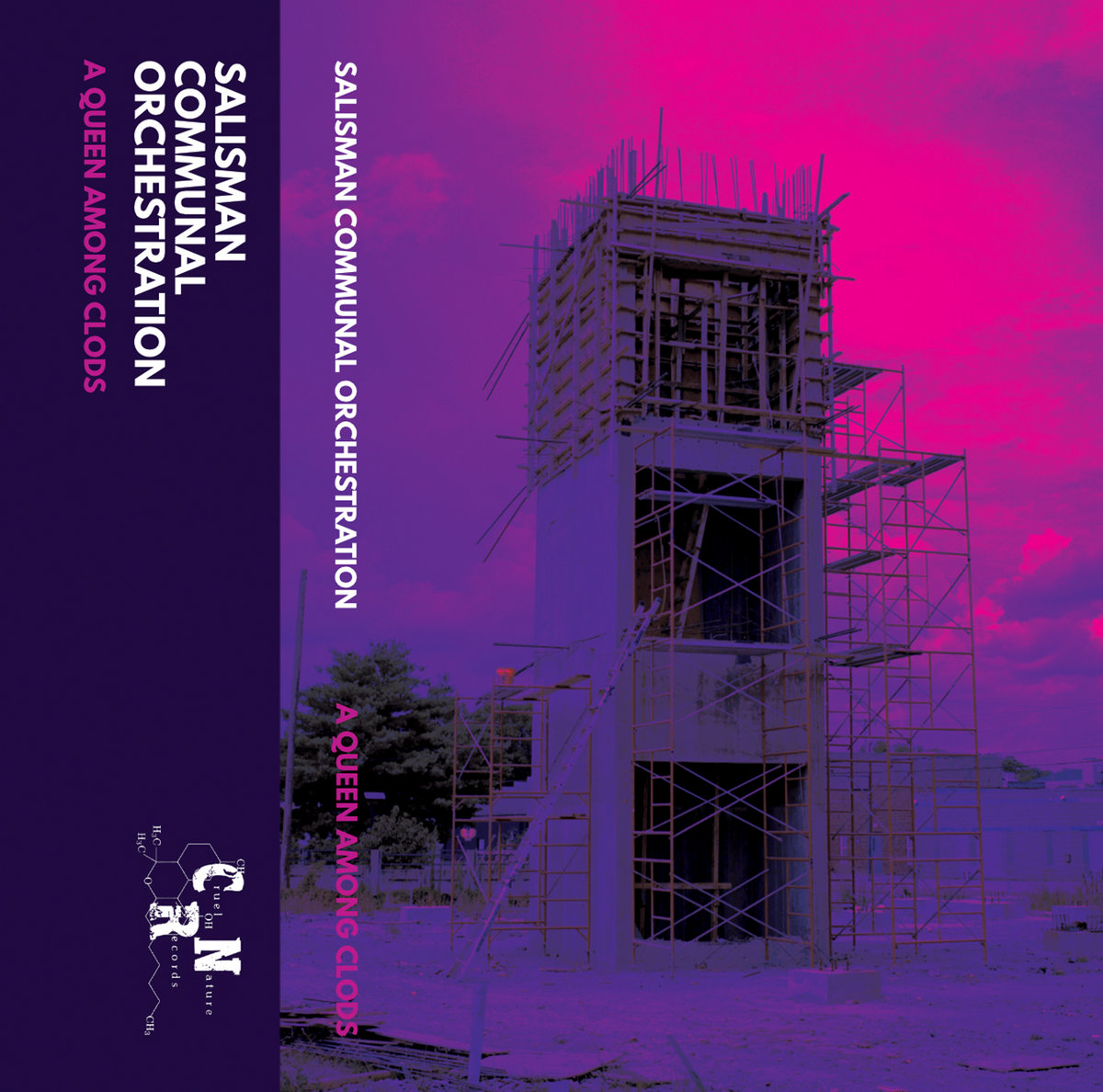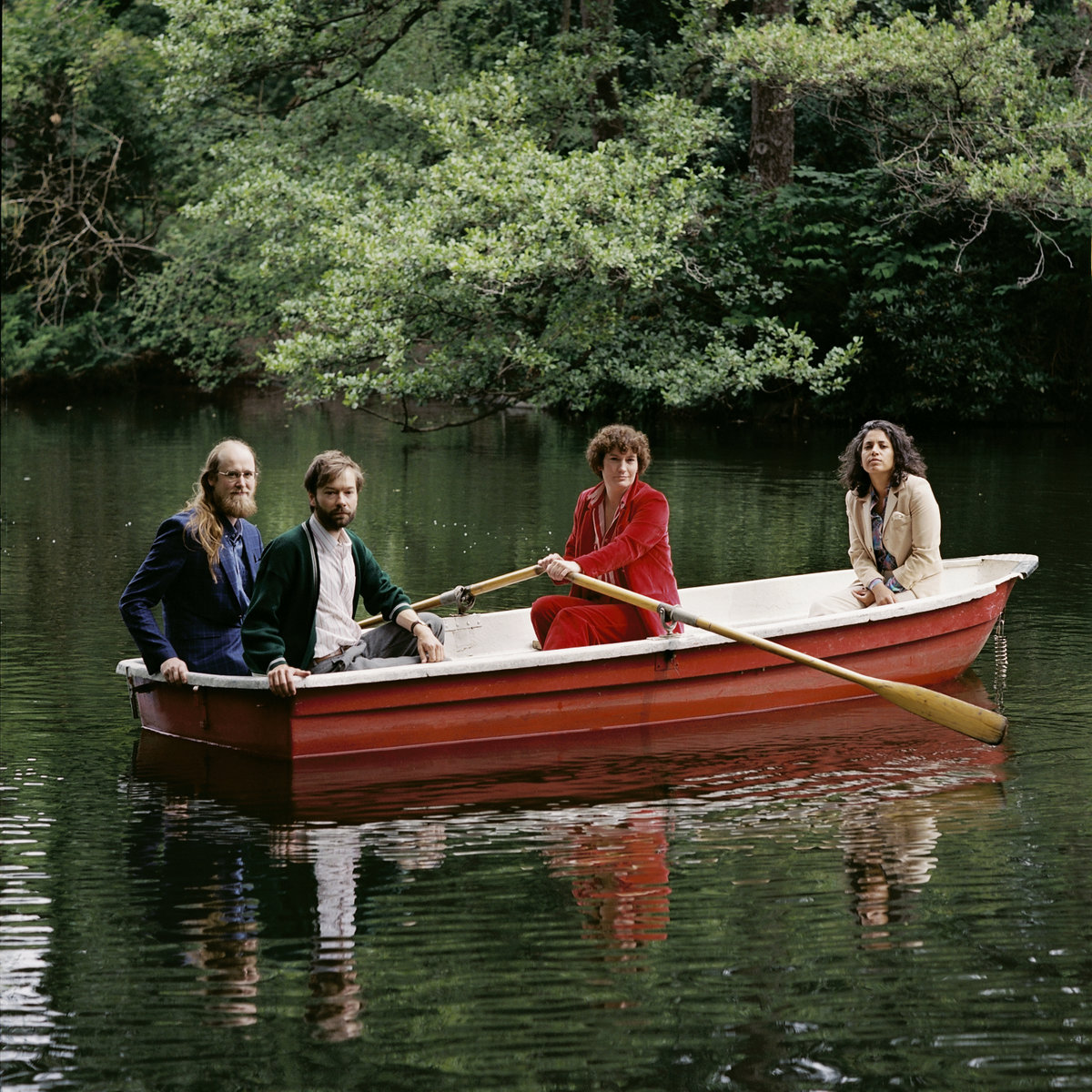Mehmet Aslan | Interview | New Album, ‘The Sun Is Parallel’
Berlin based, Swiss-Turkish musician Mehmet Aslan just released his latest album, ‘The Sun Is Parallel,’ out via Planisphere Editorial.
At the heart of ‘The Sun Is Parallel’, is a heartfelt search for universality. It’s no mean feat in a world and a time in which conflict and division can sometimes seem so powerful as to render old myths about “the power of music” as naive. With roots across continents and a devotion to records and alternative musical cultures spanning decades, Aslan has delivered an album rich in the ingredients that allow us – dancers, listeners, collectors – to once again taste the possibility of something different.
Spanning diverse tempos and styles, from frazzled electronics for open-minded dancefloors to cinematic instrumental passages, ‘The Sun Is Parallel’ finds a devoted producer at his most considered and sensitive, whether it’s solo, with his live band drummer Alican Tezer and guitarist Daniel Pankau, or in collaboration with esteemed artists such as Valentina Magaletti and Niño De Elche.

“With an album I could tell a longer story which tempted me the most”
You have a very exciting new album being released today, how much work did you invest in ‘The Sun Is Parallel?’
Mehmet Aslan: I have been working on this album for three years and everything came together step by step. It started with an idea for a road trip from Switzerland to Turkey, inspired by my parents’ story. I tried to get fundings for this trip first, but obviously the pandemic changed my plan. I still felt the urge to manifest this energy, so to speak, into something tangible like an album.
To finish the main songs, we did recording sessions of the instrumental parts with Daniel Pankau and Alican Tezer at Funkhaus Berlin.
After that, the collaborations with Niño de Elche and Valentina Magaletti came into sight too, which again lengthened the completion process but was crucial to the album.
I was even at first scared to do the album artwork myself, but in the end it shaped the concept of the album and was again an important step on the completion.
You have been in the music business for almost a decade now, releasing several 12″ and EPs, how come that you decide to work on an album?
Really if you say a decade now, it made me stumble first, because it sounds very long and I don’t really feel it like that! But thinking back, around 2013 I had one of my first records out and after several EPs I had the urge for a bigger statement. With an album I could tell a longer story which tempted me the most.
As a Swiss-Turkish musician, tell us about your roots and influences. How do they transcend into your latest album?
I think at the beginning of my career, using my roots gave me a sense of purpose and therefore a push. And that still keeps me interested in staying with it. Even though it was an intuitive decision, it is still a creative decision to combine different influences and styles. ‘If I Can Belong Anywhere’ is the underlying main theme of the album, that is, the search for a sense of belonging, what home even means to us and how places can feel like home or strange.
“The sun symbol was considered the same across different peoples”
There seems to be a concept behind it, would you like to elaborate on it?
While I was making the songs, I had no concept in my head but as the pieces slowly came together, the sense of belonging became the idea that held everything together. As described before, making music is a way for me to deal with the issues of origin and identity. I also like to play with song titles. The titles are finished for me when they don’t sound contrived. At their best, they should be open and make you think. ‘The Sun Is Parallel’ sounded poetic somehow.
Another aspect is the 11 symbols I designed for each song. The sun symbol was considered the same across different peoples. I saw this as a unifying element and a very interesting fact to bring forward.
Can you share some further words about the production of the album?
For me, the interplay of organic elements with electronic music was also an important part of the album. I worked closely with Daniel Pankau on two songs, the somewhat rockier Domo and Tangerine Sun. Both were created in jam sessions. I thought it was important to add a live element too, namely live drums, which were then masterfully played by Alican Tezer.
I was attracted by the transition between strict club music and rock/pop elements and explored this difference between man-made and synthetic sounds.
How was it to collaborate with Niño de Elche on ‘Tangerine’ and with Valentina Magaletti on ‘Garden?’
It was incredibly exciting and went much easier than I thought! I sent a demo of the piece to both of them and they recorded it in sound studios, Nino de Elche in Spain and Valentina Magaletti in Italy. They both brought their own styles to the pieces and it was great fun to experiment and work with the material. That’s why I love collaborations, because very often it’s a lot of fun and can take creativity to a new level.
How do you usually approach music making and was it any different this time around?
I often work on many small ideas and collect and see which ones interest me. With the album, it was exciting to do the balancing act between the collaborations and completely original pieces. The different feeling of working alone and working together, so to speak.
Are you planning to play some shows in the near future?
Playing in a band last year, I really felt “more” like a musician. This might sound strange but being a musician connotes for me much more with the communal activity of it. So I am hoping to develop this further for future shows!
What else currently occupies your life?
Apart from gas prices and inflation here in Germany? All joking aside, I recently had another great trip to Kazakhstan, Greece, Istanbul and Sardinia that gave me a lot of energy. Above all, it was good to be able to switch off for a few days, see friends and swim in the sea. I am currently reading a book about “playing.” I’m trying to be open and think about new combinations in music and how I could integrate it.
Let’s end this interview with some of your favourite albums. Have you found something new lately you would like to recommend to our readers?
Harun Kolcak – ‘Beni Affet’
I had recently found the vinyl LP of this Turkish pop classic in Berlin, some of his songs are among my absolute favourites and some of them are real heartbreakers. Unfortunately he died of cancer a few years ago, which is a very sad story.
Telesoniek Atelier- ‘A Selection Of Improvisations 1989-2017’
I recently found the soundscapes and the repetitive nature of the music very soothing, only on vinyl apparently!
Ryuichi Sakamoto – ‘Minamata’
When I had a lot of time on the plane recently, I saw this film which is about this heartbreaking case. I also hadn’t listened to atmospheric long plays for a while either and had to listen to the soundtrack a few times after the film.
Thank you. Last word is yours.
“Don’t be satisfied with stories of how things have gone with others. Unfold your own myth.” – Rumi
Klemen Breznikar
Headline photo: Robbie Campbell
Mehmet Aslan Official Website / Facebook / Instagram / Bandcamp / SoundCloud
Planisphere Editorial Official Website / Facebook / Instagram / Twitter / Bandcamp / YouTube




